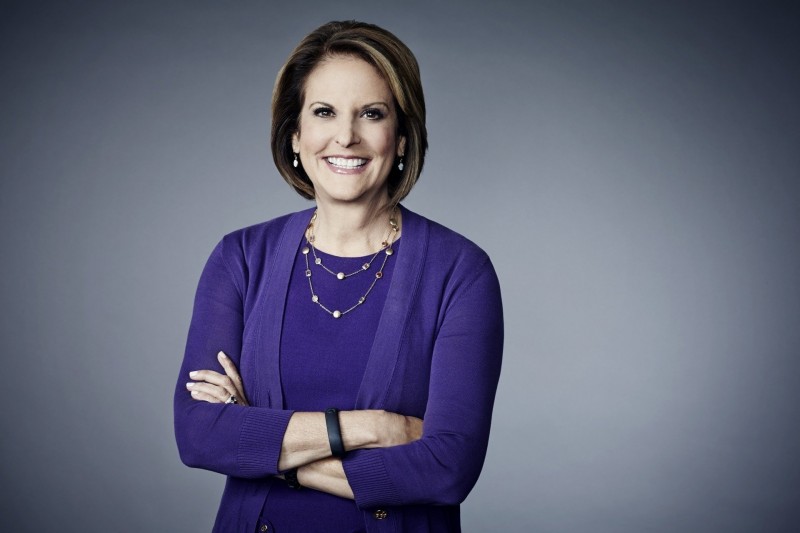In case you haven’t noticed, President Obama has been flexing his executive muscles lately. On paper, it’s a head-scratcher. After all, he lost control of the Senate in the last election. His popularity is hovering near an all-time low. And, of course, he’s a lame duck.
Only no one seems to have told him.
It’s as if he has shed his Clark Kent-ish demeanor for the more flamboyant cape. He’s no Superman, to be sure, but he’s spending an awful lot of time lately trying to get off the ground.
So, after suffering a political shellacking, he’s showing he still has some muscle, using executive authority everywhere he believes he can. President Bill Clinton famously declared his relevance, months after losing control of the House in 1994. Obama, on the other hand, is literally leaping into unilateral action: On immigration! On climate change! On regulating the Internet! On Cuba!
And all that pent-up energy, ambition and action, barely two months after losing control of the Senate. Can this be no-drama Obama? “Anyone would become annoyed and frustrated if you were accused of being a wuss,” says a senior Democratic policy adviser. “And it’s always better to be on offense than defense.”
It wasn’t exactly a state secret that Obama had a lot on his to-do list after the election. The thinking, according to a knowledgeable source: He felt constrained and frustrated by his tactical responsibilities to Democrats in trouble. Don’t rock the boat. Don’t make Democrats take hard votes. Don’t even campaign in red states. So he didn’t. And, as it turns out, the restraint helped not one whit.
So now, with the clock ticking, he’s moved from party cheerleader to the head of the executive branch. It’s Katie-bar-the-door, with or without the Congress. ‘Tis the season for a presidential list, and he’s checking it twice — as his legacy looms. Everything he is doing redefines the very notion of a lame duck.
But here’s what this flurry of activity also defines: the 2016 presidential race. In forcing the Cuba issue front and center, for instance, Republican presidential wannabes have to respond. So, too, on Obama’s moves on immigration. All sorts of new tests of conservative loyalty are being created by these moves. And some candidates could find themselves pushed in a direction they might not otherwise go.
For instance, parse the differences between Republican pre-presidential candidates Marco Rubio, Jeb Bush and Rand Paul on Obama’s Cuba deal. Rubio called the President the “single worst negotiator we have had in the White House in my lifetime.”
Bush did not like the deal, but stopped short of name-calling. “I don’t think we should be negotiating with a repressive regime,” Bush said — a long way from Rubio’s accusation that the President was “willfully ignorant” and “naïve.” And Rand Paul went even further in Obama’s direction, saying, “Opening up Cuba is probably a good idea.”
In appealing to the younger Cuban-American demographic, Obama is making the Republicans choose sides. And he’s gambling that the numbers are with him.
Eventually, Democrats will have to do the same. If Obama’s audacity turns out to be misdirected, Hillary Clinton will have to explain — and likely defend — it. If he’s not pro-active enough, the Elizabeth Warren wing of the party will react.
It’s a cliché that presidential campaigns are generally defined by the president who served before. Barack Obama is actively making sure that’s the case.
But there’s one caveat in this new, muscular, pro-active Obama-world: It just might lead to higher expectations. Which is exactly where Obama began — and then faded.
Follow us on Twitter @CNNOpinion.
Join us on Facebook/CNNOpinion.
